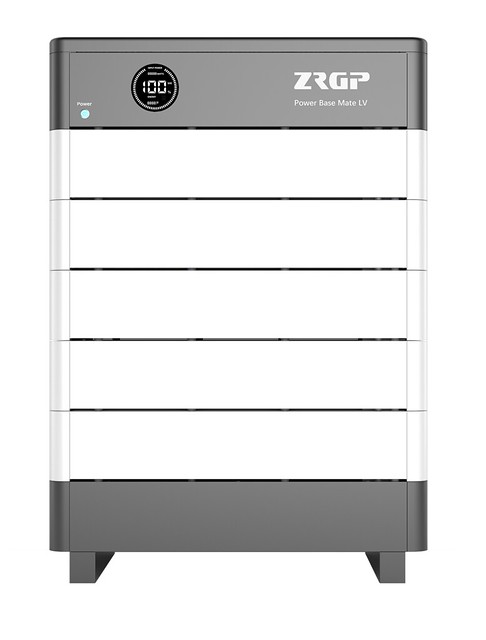Title: The Advantages and Selection of Lithium Ion Battery Packs
Lithium ion battery pack refers to a rechargeable power supply unit that utilizes lithium ions as the primary mode of energy storage. It has gained popularity due to its high energy density, light weight, and long cycle life. This lithium ion battery pack article will explore the manufacturing process, characteristics, advantages, usage methods, tips for selecting this product, and provide a conclusion.
Manufacturing Proces

s:
The production of a lithium ion battery pack involves several key steps. First, the cathode material is prepared by coating a thin layer of LiCoO2 or LiFePO4 on an aluminum foil. Next, the anode material is coated with graphite on copper foils. These materials are then combined with separators soaked in electrolyte solution to Wholesale lifepo4 battery form individual cells within the battery pack. Finally, these cells are sealed into a protective casing and connected in series or parallel configurations based on specific voltage requirements.
Characteristics:
Lithium ion battery packs have several notable features that make them highly desirable for various applications. Firstly, their high energy density allows for more efficient use of space while delivering longer run times compared to other battery ty Lithium polymer battery pack pes. Secondly, they exhibit low self-discharge rates which ensure minimal energy loss during periods of inactivity. Additionally, these batteries support rapid charging capab Wholesale lifepo4 battery ilities and can be recharged hundreds or even thousands of cycles before noticeable capacity degradation occurs.
Advantages:
There are numerous advantages associated with using lithium ion battery packs over alternative options such as lead-acid or nickel-cadmium batteries. One significant advantage is their significantly higher specific energy—the amount of stored energy per unit mass—compared to

other technologies available today. Moreover,lithium-ion technology offers excellent charge retention over extended periods without requiring constant maintenance like some competing chemistries do.
Usage Methods:
Lithium ion battery packs find extensive utilization in various industrie Li-ion battery cell pack s ranging from consumer electronics and electric vehicles to grid-scale energy storage systems. When using these packs, it is important to adhere to the manufacturer’s guidelines regarding charging and discharging rates, temperature constraint lithium ion battery pack s, and proper handling procedures. It is also recommended to avoid extreme temperatures as they can negatively impact overall battery performance.
How to Select this Product:
When selecting a lithium ion battery pack, there are several factors that should be conside lithium ion battery pack red. These include the specific application requirements such as voltage and capacity needs, desired cycle life and warranty terms, safety certifications adhered by the manufacturer as well as cost considerations in relation to other available options in the market. Consulting with industry experts or manufacturers is advisable before making a final decision.
Conclusion:
In conclusion, lithium ion battery packs have revolutionized portable power solutions due to their exceptional characteristics including high energy density, long cycle life, rapid charging capabi lithium ion battery pack lities and low self-discharge r Lithium iron phosphate (LiFePO4) cell array ates. Their versatility enables applications across various sectors ranging from consumer electronics to electric vehicles.
Considering specific requirements, safety standards compliance,and maintaining cost effectiveness while purchasing them will ensure optimal performance for your intended use cases


